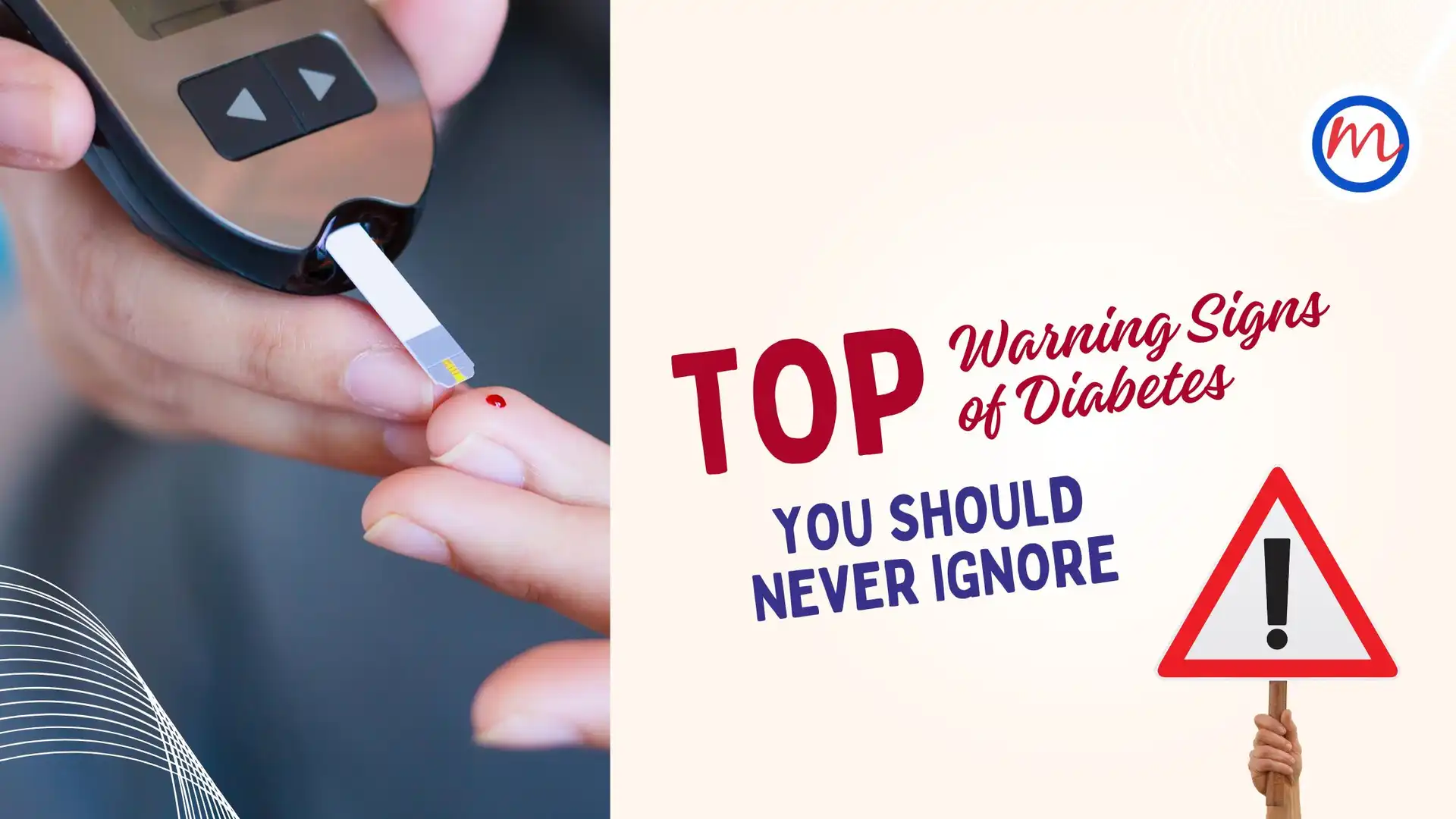Diabetes is a serious condition affecting millions worldwide, often going unnoticed until complications arise. Early detection is crucial in preventing long-term damage. Here’s a simplified guide to understanding diabetes, its types, and the top warning signs to watch for.
Diabetes is a chronic condition that impacts how the body processes glucose (sugar), which is essential for energy. When insulin, a hormone produced by the pancreas, isn’t working correctly, blood sugar levels can become too high or too low, leading to various health issues.
Types of Diabetes
- Type 1 Diabetes: The immune system attacks insulin-producing cells, typically diagnosed in childhood or adolescence.
- Type 2 Diabetes: The body either doesn’t produce enough insulin or becomes resistant to it. It’s more common and often linked to obesity and inactivity.
- Gestational Diabetes: Occurs during pregnancy but usually goes away after childbirth, though it increases the risk of Type 2 diabetes later.
Common Symptoms of Diabetes Recognizing the symptoms early can help manage the condition effectively:
- Excessive thirst: Due to dehydration from the body’s effort to flush out excess glucose.
- Frequent urination: The body works overtime to eliminate extra sugar, leading to increased bathroom visits.
- Fatigue and weakness: When cells can’t use glucose properly, energy levels drop, causing tiredness.
- Blurry vision: Fluctuating blood sugar levels can affect the eyes, leading to difficulty focusing.
Top Warning Signs of Diabetes
- Frequent Urination: The kidneys work to filter out excess glucose, leading to frequent trips to the bathroom, especially at night.
- Extreme Thirst and Hunger: Dehydration from frequent urination causes thirst, while insulin resistance prevents cells from getting enough energy, triggering hunger.
- Unexplained Weight Loss: If the body burns fat and muscle for energy due to insufficient insulin, it can lead to weight loss, even without dietary changes.
- Fatigue and Weakness: Persistent tiredness, even after adequate rest, often indicates the body’s inability to use glucose for energy.
- Blurry Vision: High blood sugar levels can cause changes in the eye lens, affecting vision.
- Slow Healing Wounds: Elevated blood sugar can impair the body’s ability to heal wounds and fight infections.
- Numbness or Tingling: High glucose levels can cause nerve damage, leading to a prickling sensation in the hands or feet.
- Recurring Infections: Diabetes can weaken the immune system, making it easier to develop frequent skin, urinary tract, or other infections.
Why Awareness is Crucial If you experience any of these symptoms, it’s essential to consult a diabetologist for a diagnosis. Diabetes is manageable when detected early, and recognizing the signs can prevent complications.
Remember, early intervention can make a significant difference in managing your health. Stay aware of the warning signs, seek medical advice if needed, and take proactive steps to protect your well-being.



